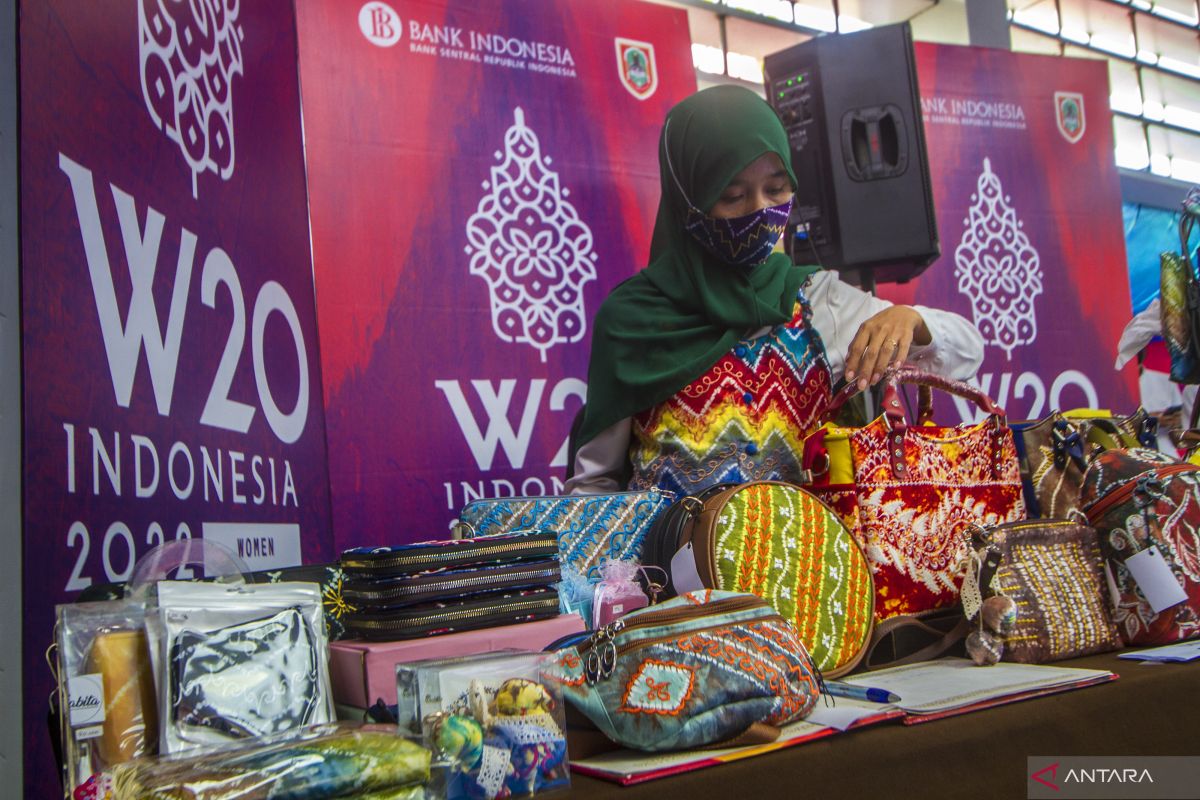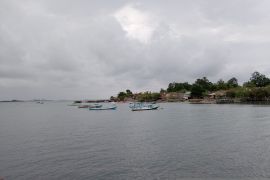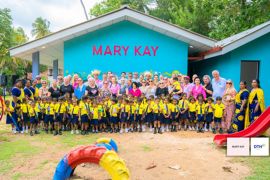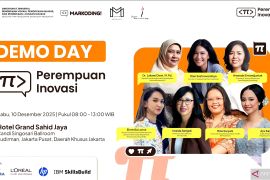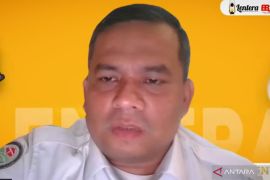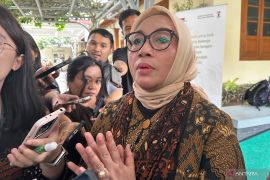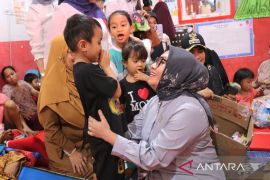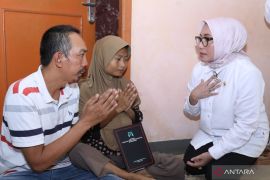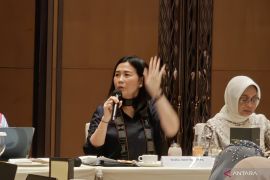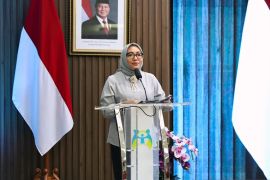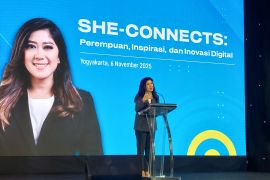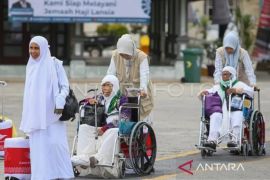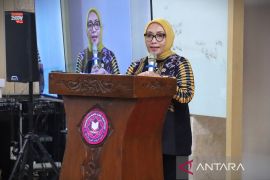Women are treated as invincible because they also wrestle with various sociocultural expectations.
Based on a study conducted in 2019, only 3 percent of mediators, 4 percent of signers, and 13 percent of negotiators in the world are women, Marshall pointed out.
In addition to participation on the global stage, the education, equality, and justice aspects also still remain a problem for women.
For instance, the dropout rate among women increased throughout the COVID-19 pandemic.
"From our experience, it is highly likely that women who drop out will never continue their education even though the pandemic passes," Marshall opined.
Asian Muslim Action Network (AMAN) secretary general Dwi Rubiyanti Kholifah said that women actually have a unique characteristic.
This is because they can effectively become agents of conflict transformation and connect people to religion.
She cited the example of the Peace Women School that she ran with Pastor Roswuri from Paso, which utilizes unproductive land for the development of organic agriculture.
The school has thus far involved more than four thousand women, regardless of religion, in 41 villages in Indonesia.
The management of organic plantations on unproductive land has become a medium for positively channeling the emotions that the local residents feel.
"Organic plantation became a medium to unravel vengeance, assumption, and distrust between Muslims and Christians proposed and managed by the people themselves," Kholifah explained.
Meanwhile, head of Masehi Injili Church in Timor (GMIT) Synod Assembly, Mery L.Y. Kolimon, said that the Protestant Reformation that began in 1517 had reconstructed women's identity as equal to men, including in leadership.
Related news: W20 pushes global commitment to equal health access
Related news: Free global e-learning academy launched to support women's advancement
Translator: Hreeloita D S, Fadhli Ruhman
Editor: Suharto
Copyright © ANTARA 2022
